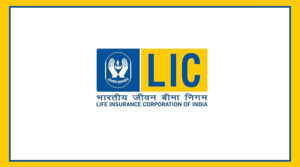Having multiple bank accounts might seem convenient, but it can lead to various financial and administrative issues.
Here’s why managing several accounts can be problematic:
1. Minimum Balance Requirements
Maintaining multiple bank accounts can tie up a significant portion of your money.
Each account may require a minimum balance, leading to a large amount of funds being locked up with minimal interest returns.
Instead of keeping money in savings accounts, consider investing it in higher-yielding schemes for better returns.
2. Additional Charges
With more than one bank account, you may incur additional costs. Banks often charge annual maintenance fees and service charges for various facilities, including credit and debit cards.
These extra charges can accumulate, resulting in substantial financial loss.
3. Impact on Credit Score
Inactive or mismanaged accounts can negatively impact your credit score. Failing to maintain the minimum balance can reflect poorly on your credit history.
It’s essential to close inactive accounts promptly to avoid any adverse effects on your credit score.
4. Tax Filing Complications
Having multiple accounts can complicate your tax filings. Managing paperwork and ensuring accurate reporting of all bank accounts during income tax return (ITR) filing can be challenging.
Failing to provide details of all accounts may draw scrutiny from the income tax department.
5. Conversion of Salary Accounts
If a salary account remains inactive for three months, it can be converted into a savings account.
This conversion changes the account’s terms, including the requirement to maintain a minimum balance.
Failure to comply can result in penalties and deductions from your account.
Summary
Owning multiple bank accounts can lead to issues such as higher maintenance costs, adverse effects on your credit score, complications with tax filings, and potential account conversion problems.
Regularly review and manage your accounts to avoid these pitfalls and ensure efficient financial management.

























